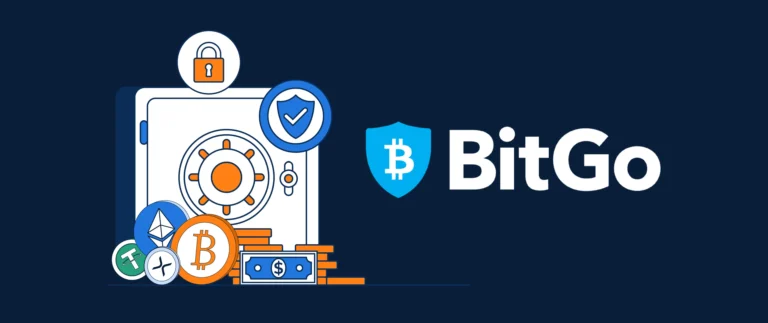Hook: A major shake-up in crypto journalism! CoinDesk’s staff is speaking out against the growing influence of its parent company, Bullish, accusing it of sabotaging editorial independence after the removal of a controversial article about crypto mogul Justin Sun. This is more than just an internal dispute—it’s a warning sign for how wealth and corporate power can reshape newsrooms and challenge journalistic integrity.
What Happened?
In a shocking move, CoinDesk, one of the biggest names in crypto journalism, has lost three of its senior editorial staff members, including the Editor-in-Chief, Kevin Reynolds, and two Deputy Editors-in-Chief, Nick Baker and Marc Hochstein. This firing follows an intense internal controversy triggered by CoinDesk’s parent company, Bullish, forcing the removal of an article that criticized Justin Sun, the founder of Tron.
The article in question covered Sun’s $6 million purchase of a conceptual artwork made of a banana and duct tape, which some saw as a bizarre and flashy display of wealth. However, Sun, who is also a major sponsor of CoinDesk’s upcoming conference, reportedly pushed for the article to be taken down. Bullish executives, including former New York Stock Exchange president Tom Farley, allegedly complied with this request, overriding editorial decisions and forcing the article’s retraction.
Why Is This Important?
1. The Power Struggle Between Money and Journalism
At the heart of this issue is the growing tension between journalistic independence and the power of wealth in the crypto space. Bullish, a crypto exchange connected to Block.one (the firm behind EOS), bought CoinDesk for $75 million in 2023. Since then, CoinDesk’s editorial team has raised alarms about losing their ability to report freely and without corporate interference.
2. The Loss of Editorial Independence
CoinDesk staffers have openly accused Bullish of taking control of editorial decisions. They claim that the newsroom is no longer an “independent subsidiary” but has been fully integrated into Bullish’s operations. This means that CoinDesk’s journalists are now expected to prioritize the interests of Bullish and its affiliates, even if it means censoring critical stories or altering the tone of articles to please their corporate owners.
3. The Ethical Dilemma: What Does This Mean for News Integrity?
The decision to pull the Justin Sun article was seen by many as a clear violation of journalistic ethics. CoinDesk staffers argue that it showed a “blatant disregard” for editorial independence and the ethical standards that journalists are supposed to uphold. This isn’t just about one article—it’s about the broader consequences of allowing powerful entities to influence the media’s role in society. When journalism is manipulated by corporate interests, the public loses trust in the information they receive, especially in industries like cryptocurrency where transparency and honesty are critical.
Key Takeaways:
- Corporate Influence: Bullish’s actions highlight the growing problem of corporate influence over the media, even in sectors that are supposed to be independent, like crypto journalism.
- Journalistic Independence at Risk: This situation raises serious concerns about how far the crypto industry—and other powerful sectors—are willing to go to control the narrative.
- Ethical Standards Matter: The story underscores the importance of maintaining editorial independence in journalism. Without it, media outlets lose their credibility, and public trust erodes.
Why This Affects You
If you’re interested in understanding the crypto industry more deeply, this story is a wake-up call. It shows how the pressures of big money and corporate interests can influence the narratives surrounding cryptocurrencies. The future of crypto journalism, and by extension, how we understand the world of digital assets, could be shaped by these battles over editorial control. Understanding how media outlets operate, and how they might be swayed, is crucial to navigating the ever-evolving crypto landscape.
In a world where the lines between news and marketing are increasingly blurred, staying informed means recognizing the forces that shape the stories we read. This case isn’t just a newsroom drama—it’s a battle for the future of crypto journalism and, potentially, the truth itself.



